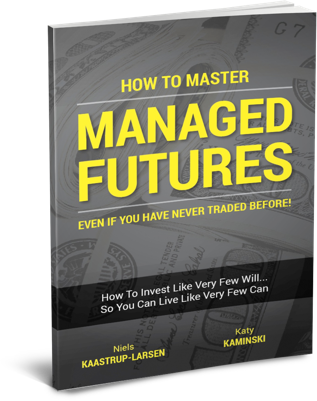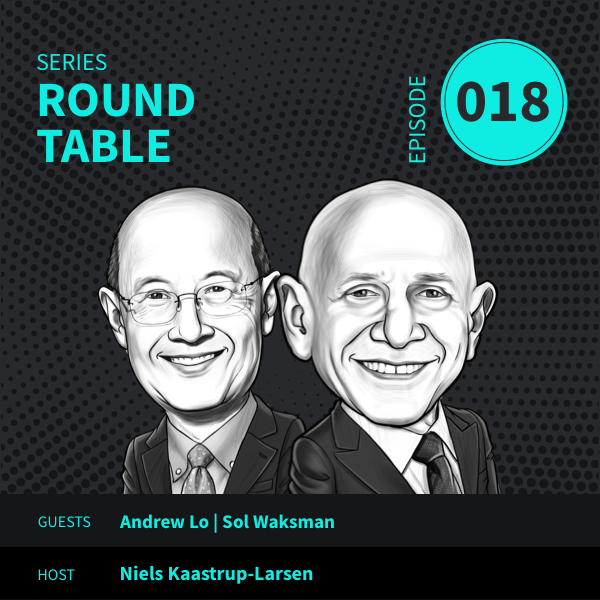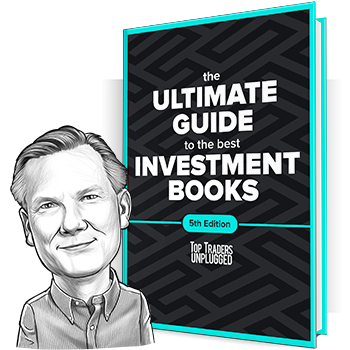I was going through one of those inevitable losing streaks [early in my career] and I had a fundamental question. Does anyone make money trading the futures markets, or is it all a casino set up for the benefit of the exchanges?
—Sol WaksmanIn This Episode, You'll Learn:
- How our guests got their starts in finance
- Why Andrew thinks that sometimes things need to be believed to be seen
- Why separating the alpha from the beta has been revolutionary for the entire financial industry
Markets are efficient most of the time. Every once in a while, human behavior ultimately overwhelms the kind of rational deliberation that efficient markets are based on, and we do see periods of fear and greed that ultimately take over. But it's not one or the other, it's both.
—Andrew Lo- How the narrative of finance and investing has changed over time in the futures industry
- The increase in the volatility of volatility over the last decade and what that means for managed futures
- How the abundance of passive investing tools has changed the investor's experience during market changes
- What investors are looking for in their tools and strategies
- What alternative strategies are investors looking at now
The one lesson we learn from academics throughout the whole process of passive investing is that diversification is really key.
—Andrew Lo- The experiment Andrew does with his audiences he speaks to on their investment preferences
- What investors need to understand about diversification and risk
This episode was sponsored by CME Group:

Connect with our guests:
Learn more about Andrew Lo and MIT Sloan School of Management
Learn more about Sol Waksman and BarclayHedge, Ltd.
A stock index has no relevance to the performance of a CTA, but if you calculate alpha by regressing against the stock index, you have a number that is absolutely meaningless.
—Sol Waksman







